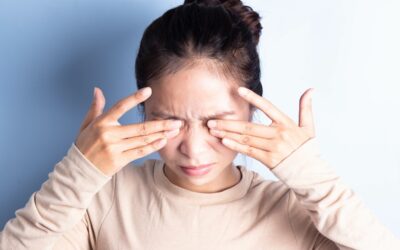Macular degeneration is a serious, progressive eye disease that often leads to serious vision impairment or even blindness. Indeed, macular degeneration is the leading cause of blindness throughout the world. Worse, it is incurable. The disease is most prevalent in those over 60, but it is possible to begin to develop macular degeneration at any age. Note that there are different variations of this disease, as macular degeneration is a broad term that simply indicates that the health of the eyes is deteriorating.
What are the Different Kinds of Macular Degeneration?
The two main types of macular degeneration are atrophic, or “dry,” and exudative, or “wet.” There is also a condition commonly known as Stargardt Disease, a kind of macular degeneration that occurs in younger people, and age-related macular degeneration, which is found in older people. All kinds of macular degeneration eventually lead to blindness if left untreated. Remember that treatment is not a cure, but a hindrance or cessation of progression of the disease. Macular degeneration cannot be reversed.
How Does Macular Degeneration Occur?
There are several potential causes of macular degeneration. For age-related macular degeneration, certainly, overall health is a factor. If a person’s diet and lifestyle are lacking, the eye organs will be negatively affected along with other organs of the body. Risk factors for age-related macular degeneration include smoking, which is known to double the risk of age-related macular degeneration. Those with a family history of age-related macular degeneration are in a higher risk category, as are Caucasians, who are more likely to develop it than African-Americans or Hispanics/Latinos. In the case of Stargardt Disease macular degeneration is caused by an inherited condition and a recessive gene.
Symptoms of macular degeneration can be reclusive, so it is vital to have regular eye doctor appointments so that potential issues can be acted upon as swiftly as possible.



